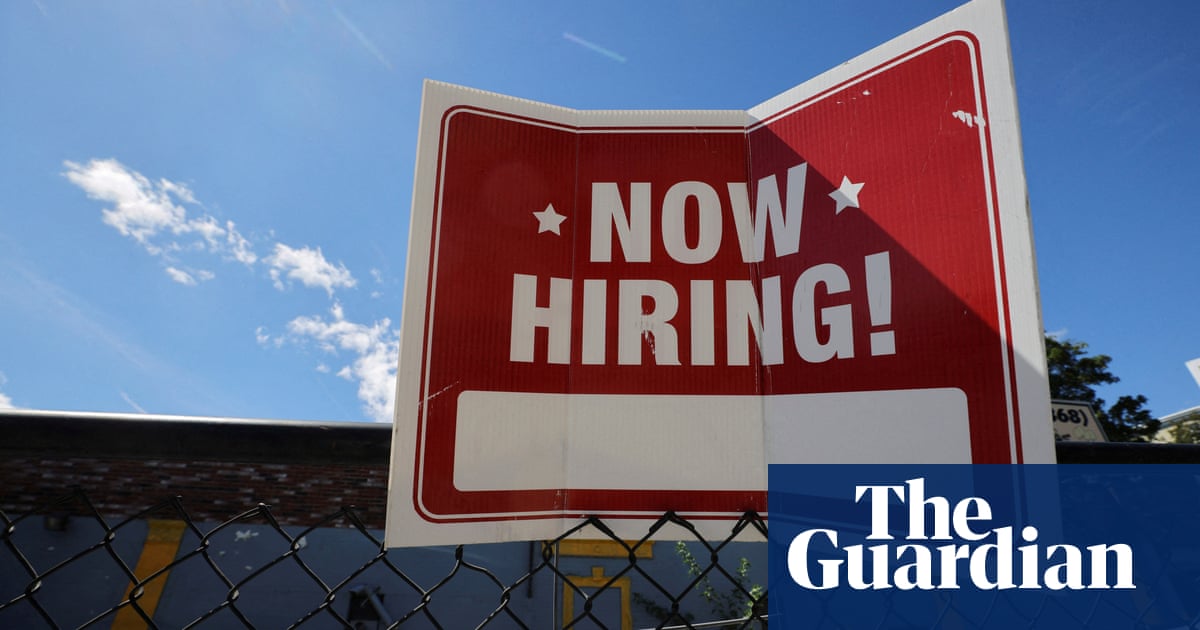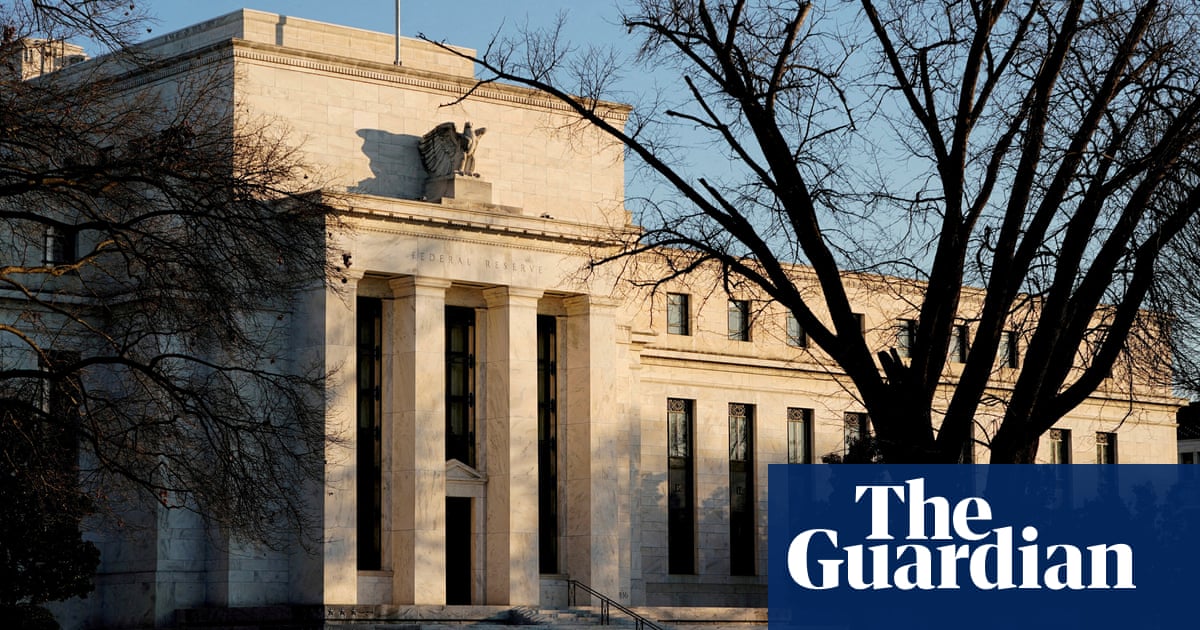
The US added 263,000 jobs in November, the labor department announced on Friday, another strong month of jobs growth. The unemployment rate remained at 3.7%, close to a 50-year low.
Employers hired 284,000 new positions in October and 269,000 in September and the latest figures show hiring has remained resilient despite rising interest rates and the announcement of a series of layoffs at technology and real estate companies.
The jobs market has remained strong even as the Federal Reserve has imposed the biggest series of rate rises in decades in its fight to tame inflation. This week, the Fed chair, Jerome Powell, indicated that the continuing strength of the jobs market – and rising wages – were likely to trigger more rate rises in the coming months.
The US had been expected to add 200,000 jobs in November. The latest jobs numbers – the last before the Fed meets to decide its next move later this month – will strengthen the central bank’s resolve to keep raising rates.
“This phenomenal labor market is showing little sign of slowdown,” said Becky Frankiewicz, president and chief commercial officer of ManpowerGroup. “Despite recurring headlines of deep cutbacks – primarily in tech – other sectors have scaled up; and while we’ve been bracing for a downturn, the broader labor market has barely flinched.”
Economists expect rate hikes will eventually dampen hiring, potentially leading to a recession and job losses next year. But so far, the jobs market has shaken off the Fed’s interventions.
The government figures follow a downbeat report from ADP, the US’s largest payroll supplier. On Wednesday, ADP said the private sector had added just 127,000 positions for the month, well below the 190,000 forecast by economists and a steep reduction from the 239,000 jobs ADP recorded in October.
ADP’s chief economist, Nela Richardson, said it was still too early to say but it seemed the rate rises were filtering through to hiring decisions.
“Turning points can be hard to capture in the labor market, but our data suggest that Federal Reserve tightening is having an impact on job creation and pay gains,” said Richardson. “In addition, companies are no longer in hyper-replacement mode. Fewer people are quitting and the post-pandemic recovery is stabilizing.”











